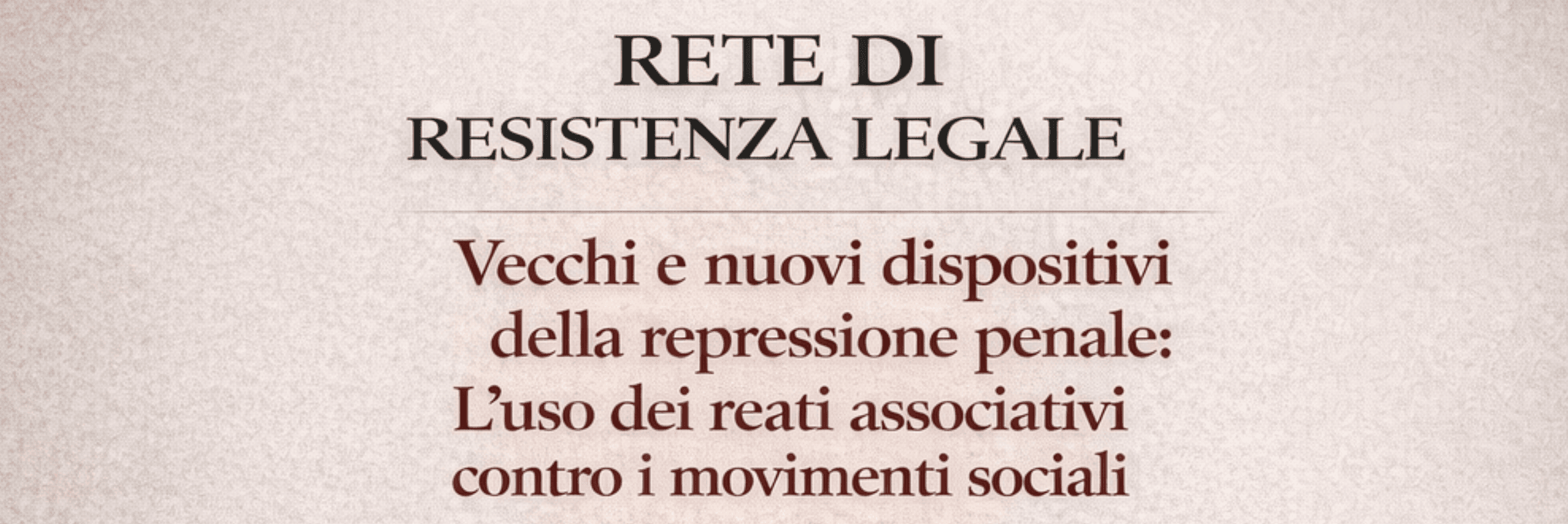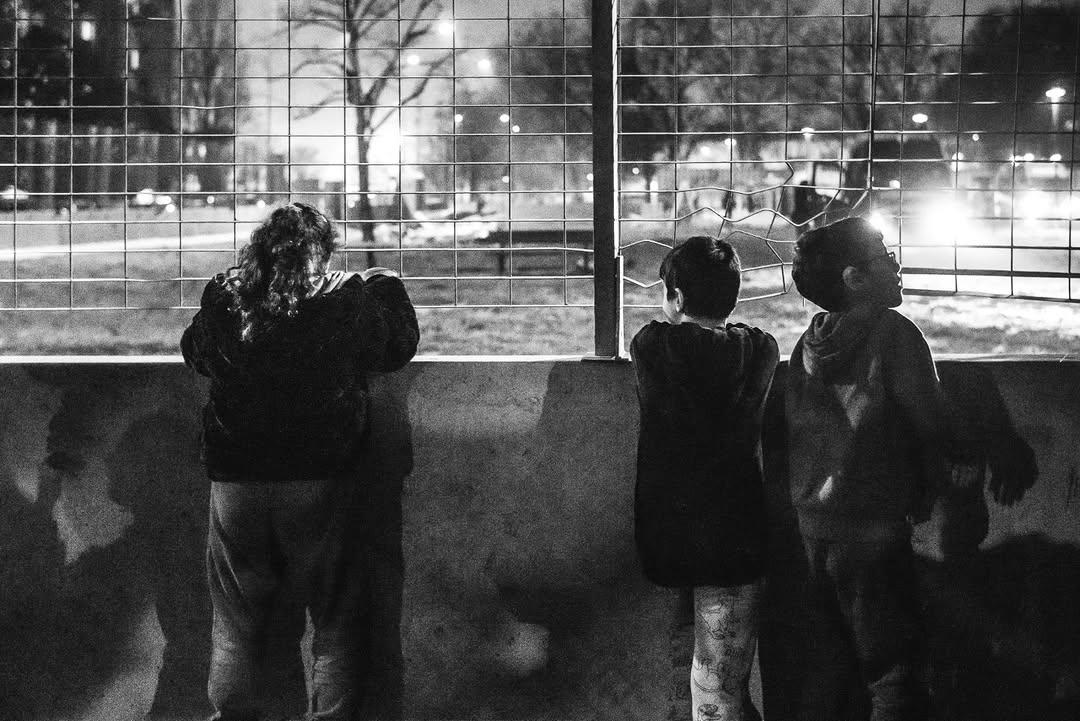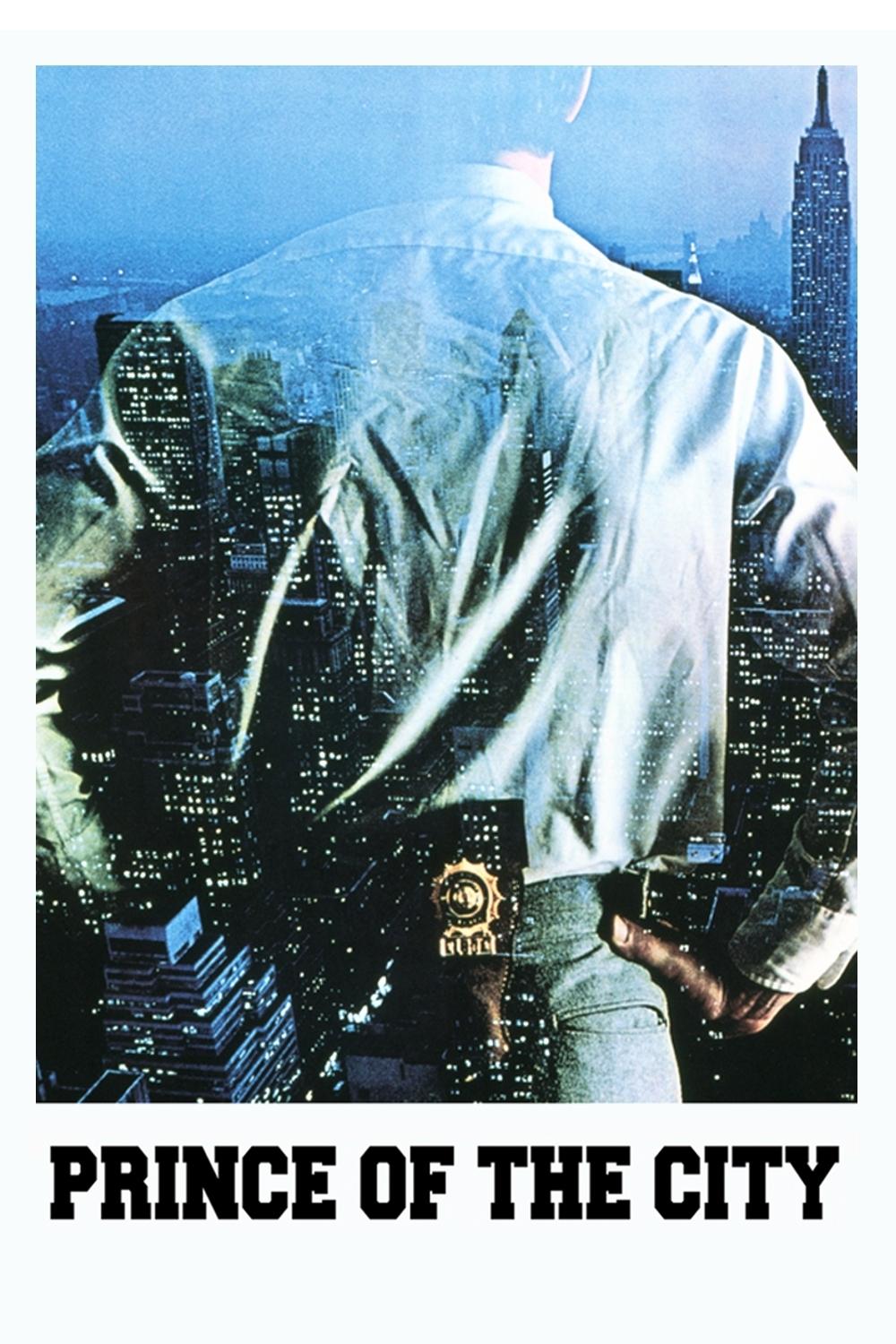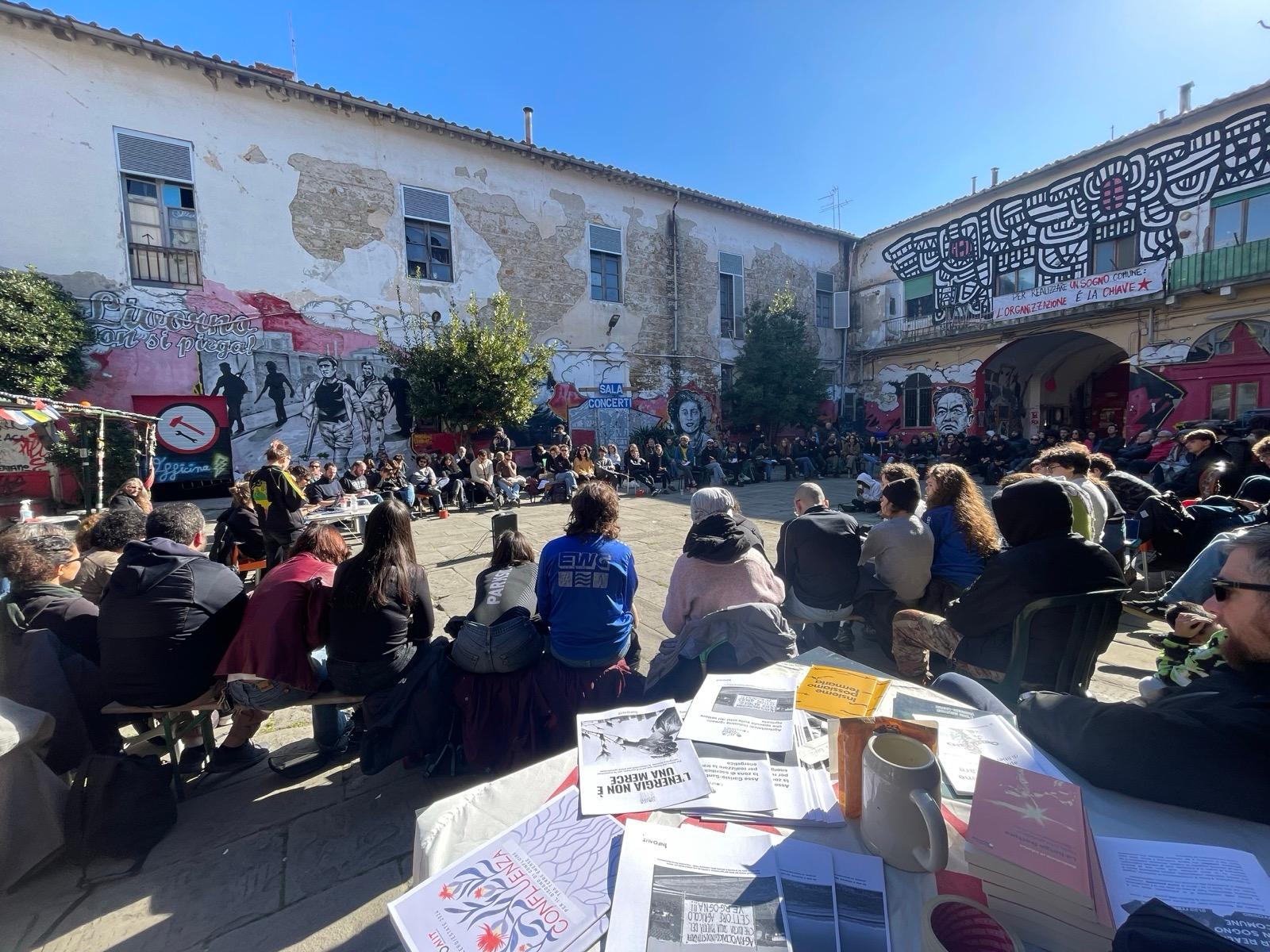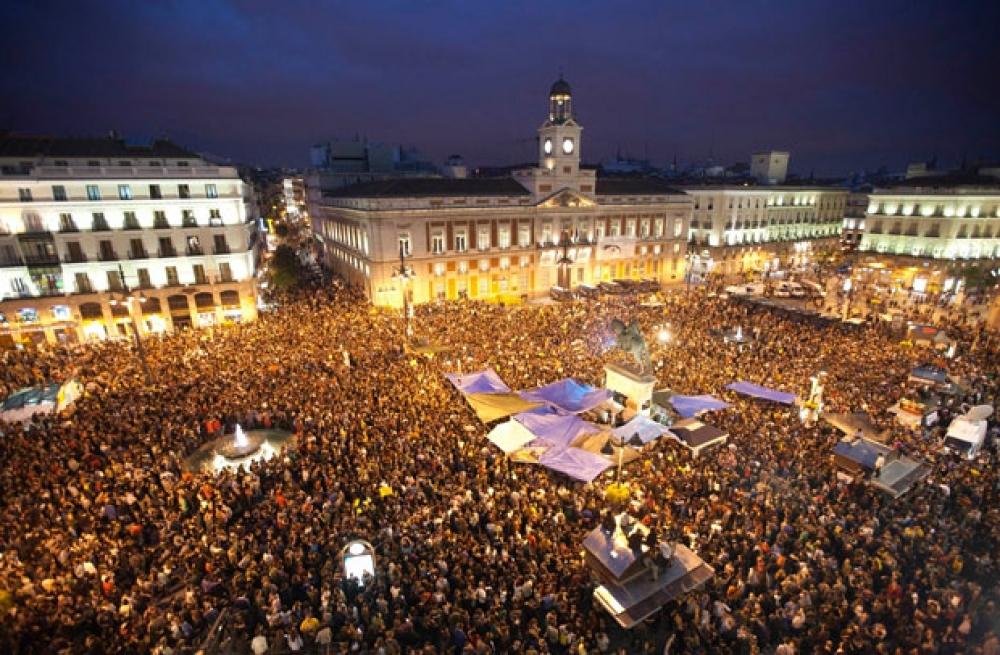
Is State better than Neoliberalism..?
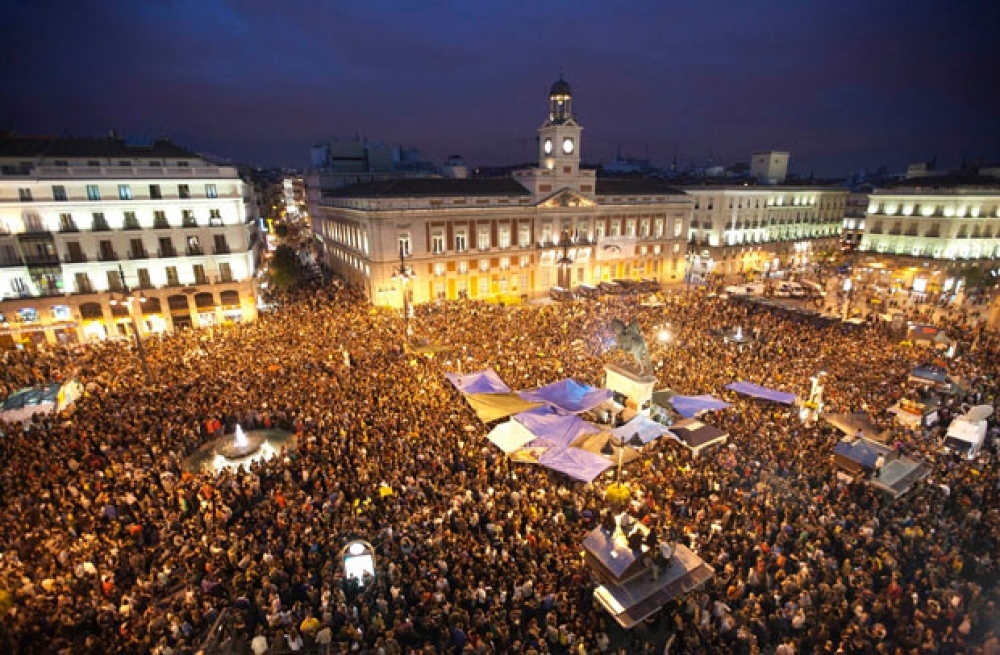
The real movement which abolishes the present state of things. Starting from this one-in-a-million definition provided by Marx regarding what communism is, we can add that, in the epochal transition within which the Moor lived and acted another issue was quite clear: the State, a decisive political invention of Western and Capitalist modernity, is an enemy entity to be overthrown in the process of liberation of labor from the capital relationship.
This clearly leads to a search of forms of power beyond the State, that the same Marx hails by pointing to the Paris Commune as the first experiment of workers’ government, even by criticizing its inability to seize some decisive pivots of state power. It is told that Lenin, on the 72nd night after seizing power, came out and danced beneath the snow in the Red Square, celebrating the fact that his great revolutionary experiment was standing one day more than the Commune.
The direction the Soviet process later took, with the emptying of the power which turned back to the State from the Soviets, is well-known. And certainly we won’t either discuss about it here, or go through a wide reflection about the problem of State and power – that is, what the communist movement framed as the problem of transition.
But let’s move on with the history. Before and near the WW2 catastrophe it is the reactionaries’ turn to declare that “the age of the State is coming to an end” (Schmitt), after that Weber already identified in the extension of state administration and bureaucracy the rise of an “iron cage” that was crushing his beloved entrepreneur bourgeoise values. The State will be, instead, an useful tool of capture and pacification of workers’ demands in the tumultuous development on the ashes of the world conflict, whereas the welfare state would serve as a redistribution reserve during the Glorious Thirties.
With the crisis of that model in the mid’70s the problem strongly arises again. Whereas Foucault starts looking to the “State as a simple plight within the history of governmentality”, here comes Neoliberalism, starting to establish an ideology according to which the State, far from disappearing, must be bent to a new purpose. The multiplication of conflictual demands (from workers, black people, women…) could not be contained anymore by that State form, the planner-State of fordist development. A couple more decades will be needed in order to bring at full capacity the new system that, it is good to remind it, finds an early experimentation when the Chicago Boys run to test their economic theories at the court of Pinochet.
Thus, while behind the facade of globalization the idea of the disappearance of the State and of the future of a borderless world affirms itself, actually a deep transformation is produced, featuring the States themselves as protagonists. The States de-nationalize themselves and give up shares of sovereignty for the very purpose of establishing an institutionalized global infrastructure – guaranteeing a boundless extension of trade and production, also through the establishment of new global bodies of political-economical government.
Instead, in the latest years, we are witnessing to a kind of “return” of the national State. Actually, within the disarray that all the political cultures are experiencing, the latter seems to stay as the sole foothold and perspective point on which to try to reorganize politics, in spite of the fact that the Political, for many decades now, relocated itself on multiple levels, escaping from and exceeding the dichotomies of the modern State.
The political field that appears to emerge, often portrayed as contrapositional between globalism and sovereignism, is actually moving, beyond appearances, entirely within a state rationale. In the first case, they would follow up the neoliberal path by keeping intertwining an institutional global infrastructure, where a de-nationalized State continues to be a driving force of a globalization controlled by powers that are able to concentrate themselves on “higher” scales. By simplifying: the perspective, in our context, of the United States of Europe. In the second case, they aim instead to “go back”, re-equipping the State with a “full” sovereignty in order to better protect “the people”, another big new entry of the current political phase.
Clearly, in both cases, the line of the labor/capital conflict is either dissolved, negated, avoided or at most, in the leftish versions, put at the end and subject to the political issue of State as the sole player entitled to agency in the current context.
Yet, beyond any abstract linkages, within these schemes concrete subjects always get back in. Who, in all of these scenarios, is the first to “be left out” and to be crushed? Actually in this regard, willing or not, any political position based on the State as paradigm of political action cannot but, if there is intellectual honesty, converge on a point. It is not by any chance that, within the so-called “left populists” too, they start to talk about the need of “controlling immigration”. A sign that the situation is not excellent in the great chaos under heaven at all. Actually, the transnational class composition subjects themselves are the first to be necessarily excluded and attacked by any political hypothesis being exclusively based on the State – with its inevitable correlation of territory, people and inter-national order.
At any rate, the political crux of debate to be engaged – beyond the more or less laughable, more or less dangerous nostalgia for a lost Nomos of the Earth, or for a welfare state whose nature of historical exception is not still understood, by keeping considering it as a rule to be restored, instead – it is not an ideologic state-phobia, but to emphasize an overall shrinking even of a political imagination, if not of analytical tools…risking to end up as useful idiots of the battle of the have-nots, for example by pitting “white” workers against migrant labor.
After all, unfortunately, this certainly is not new; if we think, for example, to the historical exclusion of blacks and migrants from US unions, to the mistrust against the Irish in Engels’ studies on Manchester, just as in the tendency to adopt the scheme of the eternal backwardness of the non-western people. For example, let’s think about how – even now – episodes like the Algerian war of liberation are not being considered as an anticipation and a return of the political in the European Communist movement – but as the epilogue of a colonial history, forever and always to be exclusively played by the white man.
Also starting from these considerations, the sinister blunders about the need of taking sides within a hostile political field such as the one between globalism/sovereignism (or, if you want, between neoliberal global State and populism/protectionism) and the delusions of being able to build hegemony on a ground which is already built and defined by the enemy – especially in the lack of conflicts, result to be extremely off track.
It would be a lot more useful instead, rather than indulging this blame game or fantasizing about conquering the State, to put on some lenses able to try to look at the class behaviors and explicit conflicts, in order to intertwine new theories and new hypotheses of subversion. In this way it is difficult to negate that in the latest years territorial conflicts always articulated themselves along lines of secession, avoidance or independence from States. From Chiapas to Rojava, through the ZAD and the No Tav struggles.
In the same way it would be short-sighted not to emphasize that, still in our context, the most important struggles were played by a migrant composition, from logistics to housing. Or that the line of color was one of the decisive components to understand such conflicts as those in the banlieues, the UK Riots, Black Lives Matters…lest we forget that the continuous process of defy and crossing of the borders by the migrants, its temporal continuity, is a form of class social movement itself. On the other hand it is actually a part of this class courage to be valorized later, in the conflicts in our territories.
Therefore, if the left had abandoned workplaces for decades, should it get them back now against these class components? But the shortsightedness, or false consciousness, gets even further. The workers of the Chinese factories would be an example of class struggle… but aren’t they, exactly, the product of those conflicts, of the mammoth internal migration in China in the last two decades? As if (from a historical point of view) the mass-worker was not, after all, a completely migrant subject – produced by the uprooting from countryside (country-city migration) and by the internal migrations from south to north? It is not exactly at the crossroads between uprooting of labor and meeting with new capitalist conditions that, often, the greatest conflicts are produced?
Of course these musings do not resolve the problem about how politically activate other class components – which are at the moment enslaved, silent and totally immersed in enemy political fields – too. Surely, it is not a matter of setting up a “migrant party”!! No romanticization of migrants is in play here, or even less individuation in them of a new revolutionary subject per se. More humbly, it is a matter of looking at the ongoing conflicts and to the government tools in place in order to bend them. It is the divide et impera of the battle of the have-nots led from above to be, by now, one of the most powerful along them. To think to play it by taking its control is sincerely an unsustainable position, that often produced monsters through history. Even if with the current power balances it looks it is producing more freaks than monsters.
In order to conclude, it is really that much desirable to go back to the State and its politics as a “better” alternative to neoliberalism? And again, really these two blocks are in an actual and irreconcilable contraposition? And are we going to take sides, as comrades, on this same playground? Probably there are other question we need to ask ourselves in the coming years, maybe “lower” ones, but surely more attached to struggles and conflicts, to our world that is. How can the multiplication of borders that divides and rules our class-part can be broken and reversed? How can we build enduring forms of power in the dis-order of the current territories? How can a new class conflict leverage be applied within the fragmented, divided, disputed planetary metropolis in which we live? How to build new solidarities, connections and contagion effects for the coming transnational movements?
Ti è piaciuto questo articolo? Infoaut è un network indipendente che si basa sul lavoro volontario e militante di molte persone. Puoi darci una mano diffondendo i nostri articoli, approfondimenti e reportage ad un pubblico il più vasto possibile e supportarci iscrivendoti al nostro canale telegram, o seguendo le nostre pagine social di facebook, instagram e youtube.















